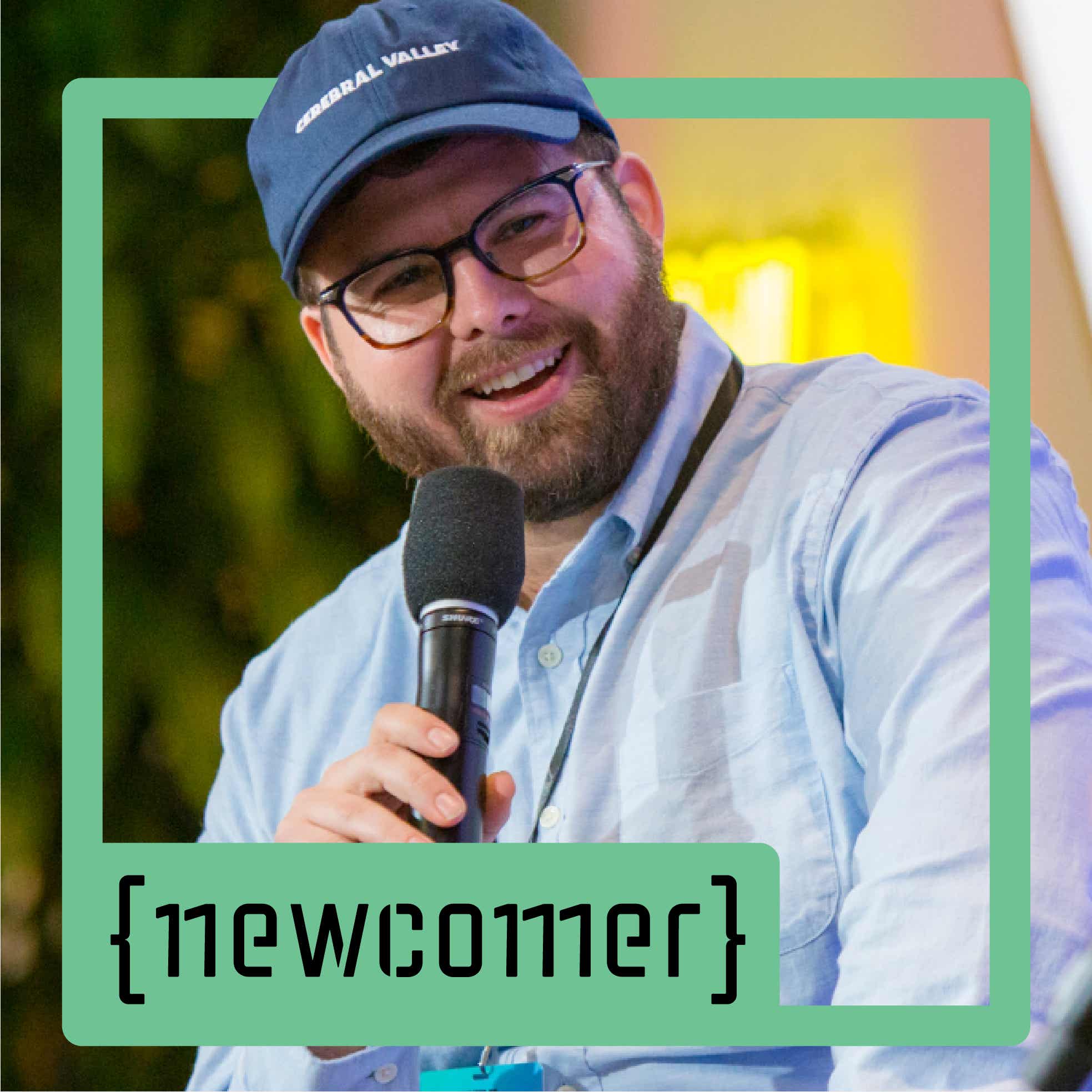He Helps Rich Tech Founders Part With Their Money (with Rey Flemings)
Description
I spend most of my time here talking about how people earn their money.
Rey Flemings, the chief executive of the YC-backed startup Myria, is an expert at helping people spend it.
For several years, Flemings ran a luxury services consultancy for family offices. In other words, he threw parties in Las Vegas, introduced billionaires to celebrities, rented out private mansions, and helped people acquire things money can’t usually buy.
These days, Flemings is building a startup around the same concept. Letting rich people buy what isn’t on the market. He’s building a marketplace for off-market travel and accommodations. On top of that, he’s spinning up a social network for the ultra wealthy.
Flemings says his average member’s net worth is about $600 million.
I sat down with Flemings to talk about his startup and to understand how Silicon Valley’s most successful people are spending the fantastical sums that they’ve earned in the past few years.
He warned about the unhappiness that sudden fortune can bring, calling it “the success condition.”
We’re all humans. We’re all chasing the American Dream. We’re all chasing success. And when you achieve it, one of the first discoveries that people are shocked by is that you have to pump the brakes. Money doesn’t buy happiness. I was talking with a new client the other day and he said, “Ray, I can’t talk about this publicly, the world would play the world’s smallest violin, but the day I exited triggered the deepest and greatest period of depression in my life.”
Give it a listen.
Highlighted Excerpts
The transcript has been edited for clarity.
There is a phenomenon in Silicon Valley where someone suddenly becomes rich, especially when their entire net worth is tied up in a startup. Finally, they sell the company and now have all this money, but don't really know how to be wealthy or what to buy. What typically happens when somebody sells their company for a billion dollars and gets 300 million of it?
Rey Flemings: First of all, there’s no one-size-fits-all answer, right? We’re different. Significant, sudden, great wealth does come with a particular set of challenges. Zooming out across 15-17 years in this space and looking at all of the folks that work here, zoom all the way out. Let’s just focus on first-generation people who are operating a business and/or they’re doing something presently to amass that wealth. I’ve worked with probably 100-125 folks in that category. I hear the same things over and over, so often that we have even coined a name for it — we call it the Success Condition.
It goes something like this: We’re all humans. We’re all chasing the American Dream. We’re all chasing success. And when you achieve it, one of the first discoveries that people are shocked by is that you have to pump the brakes. Money doesn’t buy happiness. I was talking with a new client the other day and he said, “Ray, I can’t talk about this publicly, the world would play the world’s smallest violin, but the day I exited triggered the deepest and greatest period of depression in my life.”
What ends up happening is we chase the American Dream only to realize it and then we’re like “Wait, why am I not happy? What’s missing here?”
Rich people get sad, depressed and commit suicide just like anyone else. Studies show that beyond about $100,000 a year, any more money doesn’t actually contribute to human happiness. The wealthier and more successful you become, the harder it is to form close interpersonal relationships with people that aren’t in your network.
Break down what was the motivation to do Y Combinator and build more of a tech platform for Myria?
Rey: Fantastic question, Eric. I’d love to sound like I had this all planned out and was so smart with so much foresight. I knew I wanted to build a scalable business with my background. But when I started The Blue, I ran it for 5-6 years before we could start Myria. It was c
More Episodes
This is probably my favorite episode of the year. We just updated our picks for our artificial intelligence startup fantasy draft. That means dropping startups whose star is fading and making new pickups.
Last year, Max Child, James Wilsterman, and I drafted the most promising generative AI...
Published 11/13/24
Published 11/13/24
We’re back with a couple episodes of the Cerebral Valley Podcast leading up to our summit on November 20.
I’m joined by my Cerebral Valley AI Summit co-hosts Max Child and James Wilsterman.
On this episode, we started by talking about the thing on everyone’s minds — the election of Donald Trump...
Published 11/09/24


